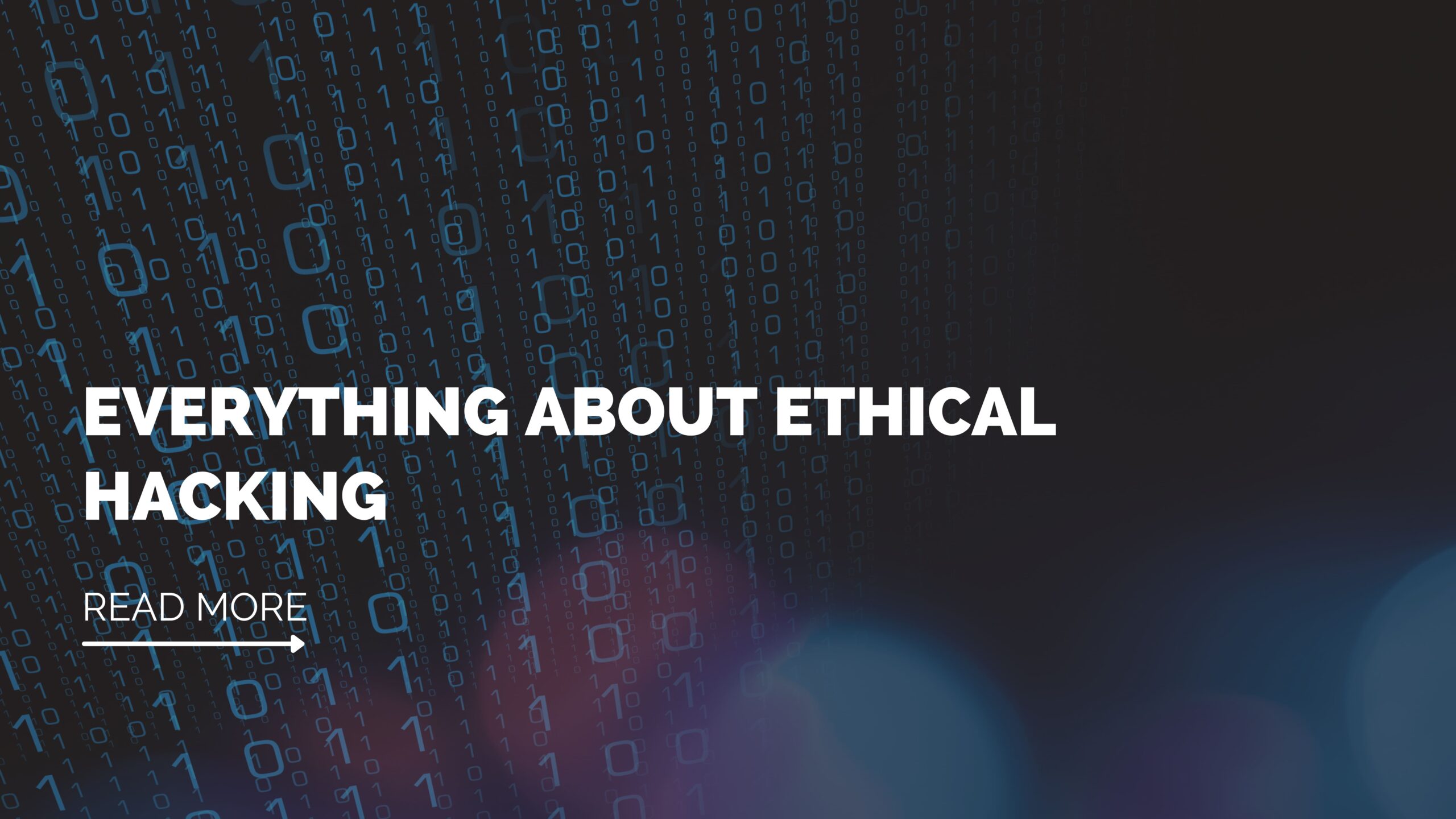By implementing new technology and learning how to respond to unforeseen circumstances, businesses are still navigating the aftershock of surviving a global pandemic. These adjustments will eventually make businesses stronger and more creative, but they will also introduce new threats and vulnerabilities that can be exploited. Evidently, the concept of “ethical hacking” is put into perspective in light of ongoing security breaches from the previous year.
As of December 2021, there were 2,686 incidents involving ransomware, up 82% from this previous report. Evidently, it is a problem that has sparked calls across all industries for an innovative strategy for safeguarding corporate networks. And for that, the right talent and skills are needed.
But, first of all:
Ethical Hacking is…
Any hacking technique that has the owner of the target system’s consent. Furthermore, it’s the process of actively implementing security measures to protect systems against hackers with malicious motives regarding data privacy.
This procedure aids in locating security flaws that can subsequently be fixed before a potential hacker has a chance to take advantage of them.
Types of Ethical Hacking
1. Web Application Hacking
Web application hacking is the process of using the visual chrome browser, tampering with the
URI, or collaborating with HTTP.
Web applications offer an interface between end users and web servers. There are ways to hack these web applications: exploiting programs through HTTP, which can be done by manipulating the application’s graphical user interface, tampering with the URI, or fiddling with HTTP components not found in the URI. SQL Injection assaults, Cross Site Scripting (XSS), Cross Site Request Forgeries (CSRF), Insecure Communications, etc. are techniques that can be used to get into web systems.
2. System Hacking
Hackers gain access to personal computers over networks by hacking into systems. To mitigate these risks, IT security experts employ defensive strategies such as packet sniffing, privilege escalation, and password cracking.
3. Web Server Hacking
A server that is running databases and application software creates real-time web content. Attackers use social engineering techniques, ping deluge attacks, port scanning, sniffer attacks, and gluing to obtain passwords, passcodes, and business information from the online application.
4. Wireless Network Hacking
Wireless networks employ radio waves to convey data, therefore hackers can easily access the system from a nearby location. In order to determine the wireless network’s identification, these attackers usually use network snorting.
How do you become an Ethical Hacker?
You can stand out if you possess key qualities that an employer is looking for, such as self-discipline, critical thinking, time management, and professional drive, or if they have earned a bachelor’s degree or above. Computer science, IT, cybersecurity, and engineering are the most popular majors.
For a 73% of ethical hacker jobs demand a bachelor’s degree.
Recruiters most frequently want cloud-related knowledge. As more businesses switch to the cloud-based business model, they become vulnerable to more advanced attacks. Because of this, all ethical hackers are knowledgeable about cloud security. Furthermore, it’s critical to comprehend themes like malware, compliance rules, security standards, especially PCI security requirements, and programming systems (such as Linux, Python, and Perl).
Tools like Metasploit and Wireshark are important and set you apart from the competitors, even if they are occasionally featured in job adverts.
Certifications and Skills to obtain as an Ethical Hacker
An ethical hacker should be proficient in a variety of computer functions. They frequently specialize in one particular aspect of the ethical hacking field, becoming subject matter experts (SME).
All ethical hackers need to have:
- Proficiency with scripting languages
- Expertise with operating systems
- A profound understanding of networking
- A strong basis in information security principles.
The following are some of the most well-known and obtained certifications:
- Certified Ethical Hacking Certification from the EC Council
- Certification for Offensive Security Professionals (OSCP)
- CCNP Security
- SANS GIAC and Cisco’s CCNA Security
Do you want to advance your tech career right now? We’ve got the opportunity for you! Check out our open positions.
About ITJ
ITJ is devoted to serving fast-growing and high-value market sectors, particularly the Internet of Medical Things (IoMT), working with innovative medical device companies looking to improve people’s lives. With a unique BOT (build, operate, and transfer) model that sources only the best digital talent available, ITJ enables companies in the US to create technology centers of excellence in Mexico. For more information, visit www.itj.com.
